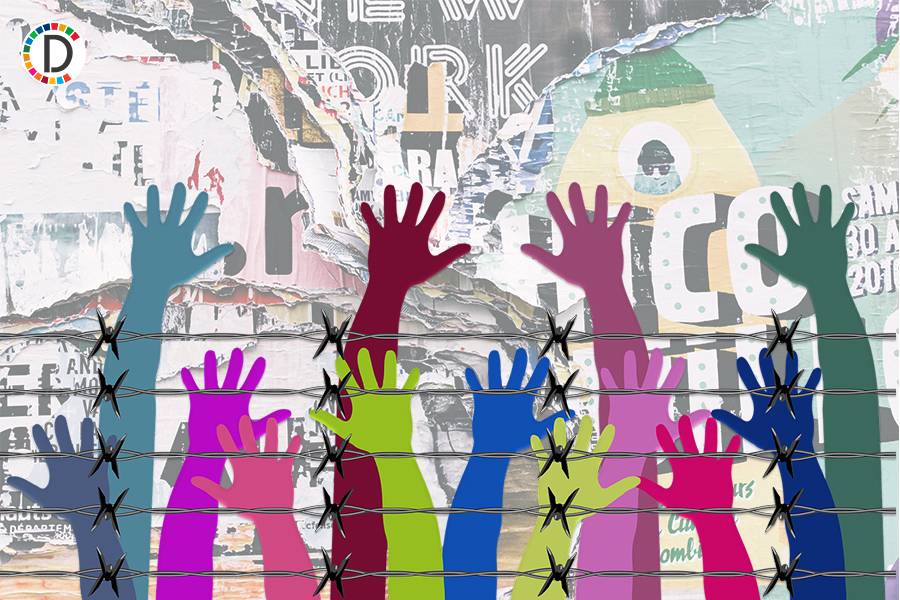EU Election Super Sunday: A Contested Future for Europe
The EU's election super Sunday sees voters in 20 countries casting ballots as the bloc faces a potential shift to the political right. Political dynamics are influenced by war in Ukraine and anti-migrant sentiments. Results from the 27 EU nations will shape the future of EU leadership and policies.

- Country:
- Belgium
Voters are heading to the polls for the European Union's election super Sunday amid concerns that a potential shift to the political right could undermine the bloc's decision-making capabilities as war rages in Ukraine and anti-migrant sentiment grows.
Citizens from 20 countries, spanning from Austria to Cyprus, are voting to elect 720 members of the European Parliament, with seats allocated based on population size.
Unofficial exit polls from the Netherlands suggest gains for Geert Wilders' anti-migrant party, indicative of broader populist trends across Europe.
The elections occur at a challenging time for the EU, which has been tested by the COVID-19 pandemic, economic slumps, and an ongoing energy crisis fueled by Europe's biggest land conflict since World War II.
Political campaigning often reflects national concerns, even as the results significantly impact EU legislation, budget priorities, and international diplomacy.
(This story has not been edited by Devdiscourse staff and is auto-generated from a syndicated feed.)










